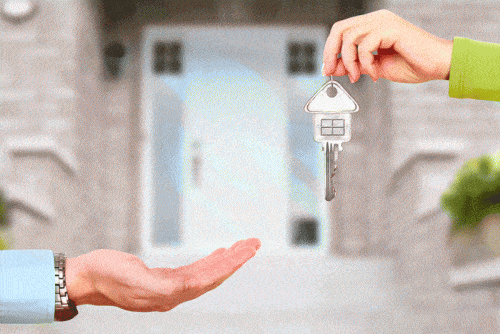Thinking of letting your property? Make sure you tick these 6 legal requirements.
If you let, or are thinking of letting, property then you must make sure you have all the necessary legal checks and certificates in place. Severe penalties for non-compliance can be imposed – even manslaughter charges if death occurs from, for example, a faulty gas appliance.
Here are our six Landlord Must-Haves prior to letting your property:
Gas Safety
A GasSafe certificate must be issued to the tenant(s) on their date of entry to the property and within 28 days of the annual renewal date. These can only be obtained from a qualified gas engineer, usually at a relatively small charge, for appliances such as boilers, gas hobs and gas fires. GasSafe replaced Corgi in 2009.
Energy Performance Certificate (EPC)
An EPC certificate should also be carried out prior to a tenant moving into the property. This is a mandatory requirement for houses, flats and bedsits that are to be let (one certificate per dwelling). The EPC shows how efficient a home uses energy, the costs of running the home and recommendations on how to improve.
Deposits
In 2007 legislation regarding deposits for rental property changed. Landlords in England in Wales must protect their tenants deposit under an authorised Tenancy Deposit Scheme (TDS). If you let property in Scotland the law is slightly different and a deposit must be registered with the relevant local authority. There are several companies that offer this scheme such as Mydeposits, the Deposit Protection Services and Tenancy Deposit Scheme.
Electrical appliances and PAT testing
If you’re considering leaving electrical appliances in the property for your tenants to use, for example vacuum cleaners, heaters, kettles etc., it is your responsibility to make sure that they are safe. At present, there are no requirements for landlords to have checks done or certificates to prove this.
However, there are product safety regulations which provide that items in rented properties need to be in a safe condition. The best way of proving this is to provide new appliances or have them checked and get a Portable Appliance Testing (PAT) certificate to prove they were checked.
PAT testing is not hugely expensive. You can expect to pay about £25-35 which will cover testing for around 10-20 appliances. You can find companies which do this online – some companies specifically advertise a service for landlords.
Smoke alarms and fire safety
Smoke alarms must be fitted to every floor in rented property. Hard wired systems can be fitted or you can buy battery operated detectors. If you intend to let the property furnished make sure the furniture you supply is ‘fire safe’. To check look for a ‘Fire Safe’ label, usually sewn or stapled to the item.
Carbon Monoxide alarms
Landlords in England are also required to provide smoke alarms on every floor of their property and a carbon monoxide alarm in every room which contains a solid fuel source, such as a wood burner.
For further information on renting your property you can visit the private renting page on the government website.
FP248-2017
The sole purpose of this article is to provide guidance on the issues covered. This article is not intended to give legal advice, and, accordingly, it should not be relied upon. It should not be regarded as a comprehensive statement of the law and/or market practice in this area. We make no claims as to the completeness or accuracy of the information contained herein or in the links which were live at the date of publication. You should not act upon (or should refrain from acting upon) information in this publication without first seeking specific legal and/or specialist advice. Arthur J. Gallagher Insurance Brokers Limited trading as Deacon accepts no liability for any inaccuracy, omission or mistake in this publication, nor will we be responsible for any loss which may be suffered as a result of any person relying on the information contained herein.
